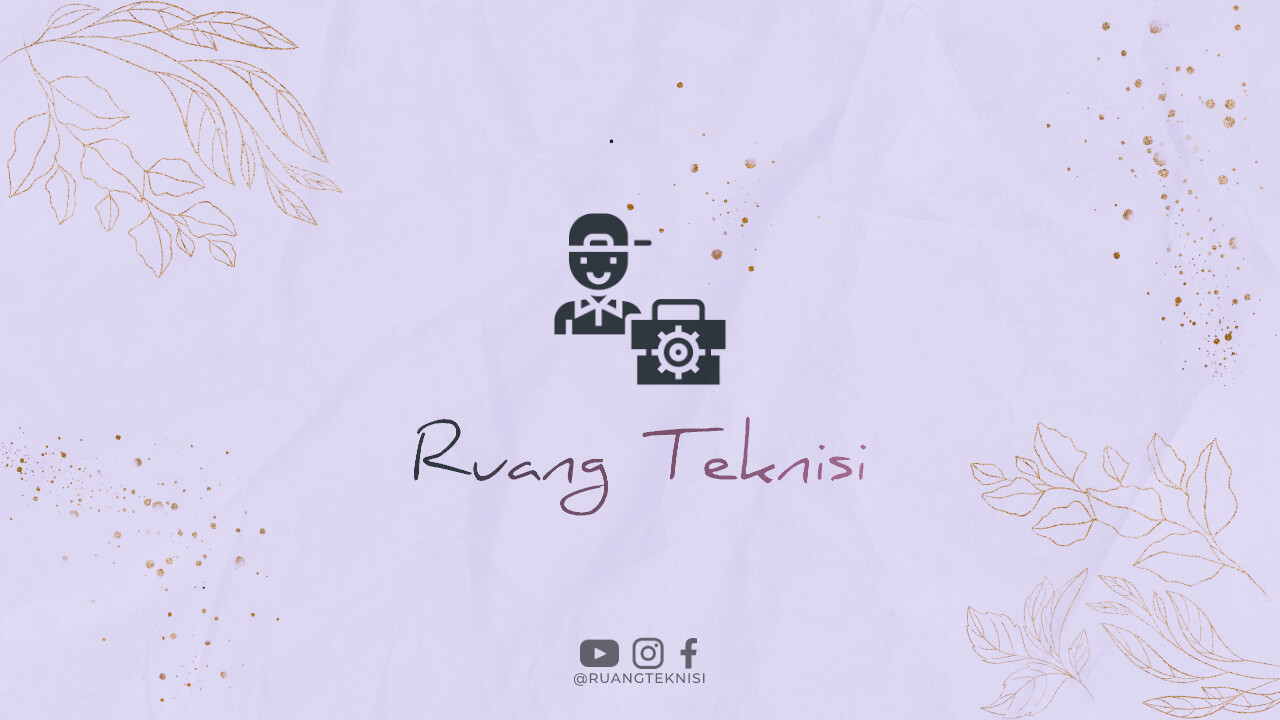Preparing for university entrance assessments can be a daunting task for students. The pressure to perform well and secure a spot in their desired institution can be overwhelming. However, with the right strategies and mindset, success can be achieved. This article aims to provide valuable insights and tips to help students excel in their university entrance assessments.
Understand the Assessment Format
Familiarize Yourself with the Types of Questions
One of the first steps towards success is to thoroughly understand the assessment format. Take the time to familiarize yourself with the types of questions that may be asked. Assessments may include multiple-choice questions, short answer questions, essays, or a combination of these. Understanding the different question formats will help you tailor your preparation accordingly.
Identify the Time Constraints
Along with understanding the question formats, it’s essential to identify the time constraints of the assessment. Are there specific time limits for each section or question? Knowing the time you have for each task will help you allocate your time effectively during the assessment and prevent you from spending too much time on one question.
Pay Attention to Specific Requirements
Some assessments may have specific requirements that need to be followed. For example, there may be word limits for essay questions or formatting guidelines for written responses. Make sure you carefully read and understand these requirements to ensure your answers meet the criteria set by the assessors.
Create a Study Schedule
Break Down Your Syllabus
Developing a study schedule is crucial for effective preparation. Start by breaking down your syllabus into manageable sections. Divide the content based on subjects or topics, and then allocate specific time slots for each. This will help you stay organized and ensure that you cover all the necessary topics.
Set Realistic Goals
When creating your study schedule, it’s important to set realistic goals. Consider the time you have available and the difficulty level of the subjects. Set achievable targets for each study session to prevent yourself from getting overwhelmed. By setting small, attainable goals, you’ll be more motivated and less likely to procrastinate.
Include Regular Breaks
While studying for university entrance assessments, it’s crucial to include regular breaks in your schedule. Breaks allow your mind to rest and recharge, improving your overall focus and retention. Plan short breaks of 5-10 minutes every hour or two, and longer breaks of 15-30 minutes every few hours.
Review and Revise Regularly
As part of your study schedule, allocate dedicated time for regular review and revision. This will help reinforce your understanding of the topics and identify any gaps in your knowledge. Schedule regular review sessions to go over previously studied material and ensure you’re retaining the information.
Utilize Available Resources
Textbooks and Study Guides
Textbooks and study guides are valuable resources for preparing for university entrance assessments. Review the recommended textbooks for each subject and make sure you have access to them. Study guides specifically designed for university entrance exams can also provide additional explanations and practice questions to enhance your understanding.
Online Materials and Educational Websites
Take advantage of the vast array of online materials and educational websites available for exam preparation. Many educational websites offer free or paid resources that include study notes, practice questions, video tutorials, and interactive quizzes. Explore these resources to supplement your learning and gain a deeper understanding of the subjects.
Practice Tests and Past Papers
Practice tests and past papers are invaluable resources for familiarizing yourself with the assessment format and identifying areas for improvement. Seek out practice tests and past papers specific to the university entrance assessments you’ll be taking. By simulating the exam conditions, you can gauge your readiness and develop effective exam strategies.
Online Forums and Study Groups
Engaging in online forums and study groups can be a beneficial way to exchange knowledge and learn from peers. Join online communities or create study groups with classmates who are also preparing for university entrance assessments. Collaborate, discuss challenging topics, share resources, and support each other throughout the preparation process.
Seek Guidance from Teachers and Mentors
Approach Your Teachers
Your teachers are an excellent source of guidance and support. Approach them for clarification on complex topics or any questions you may have. They can provide additional explanations, suggest supplemental materials, or recommend study strategies tailored to the assessment. Make use of their expertise to enhance your understanding and improve your performance.
Consult with Mentors or Tutors
Consider seeking guidance from mentors or tutors who specialize in university entrance exam preparation. These individuals have extensive experience and knowledge in the field and can provide personalized guidance and support. They can offer insights into effective study techniques, provide targeted feedback, and help you develop strategies to excel in the assessments.
Attend Review Sessions or Workshops
Many educational institutions or private organizations offer review sessions or workshops specifically designed for university entrance assessments. These sessions are led by experienced educators who provide expert advice, tips, and strategies for success. Attending these sessions can supplement your self-study efforts and provide you with valuable insights.
Form Study Groups with Peers
Collaborating with peers who are also preparing for university entrance assessments can be highly beneficial. Form study groups with classmates or friends and meet regularly to discuss topics, solve practice questions together, and share study materials. Working together can enhance your understanding of complex concepts and provide different perspectives on the subjects.
Practice, Practice, Practice
Start with the Basics
When it comes to practice, it’s essential to start with the basics. Begin by reviewing and mastering the fundamental concepts of each subject. Solidifying your understanding of the basics will provide a strong foundation for more complex topics and questions that may arise in the assessment.
Focus on Time Management
Time management is crucial during the assessment, and practicing it during your preparation is equally important. As you solve practice questions or complete mock exams, pay attention to the time you spend on each task. Aim to complete questions within the time limits to develop a sense of pacing and ensure you can cover the entire assessment.
Simulate Exam Conditions
To get a real feel for the assessment, it’s beneficial to simulate exam conditions during practice sessions. Find a quiet and comfortable environment, set a timer, and attempt practice tests or sample questions under timed conditions. By replicating the actual exam environment, you’ll become more familiar with the pressure and time constraints, helping you perform better on the day of the assessment.
Analyze and Learn from Mistakes
When reviewing your practice tests or completing sample questions, pay attention to the mistakes you make. Analyze why you made those mistakes and identify any patterns or weak areas. Learning from your mistakes will allow you to focus your efforts on improving those specific areas and avoid similar errors in the actual assessment.
Develop Effective Reading and Comprehension Skills
Active Reading Techniques
Developing effective reading skills is paramount in university entrance assessments. Practice active reading techniques such as highlighting key information, underlining important points, and summarizing passages after reading them. These techniques will help improve your comprehension and retention of the material.
Practice Speed Reading
Speed reading is a valuable skill, especially when faced with a large volume of reading material within a limited time. Practice speed reading techniques such as skimming and scanning to quickly identify the main ideas and key details of a passage. This skill will enable you to process information more efficiently during the assessment.
Improve Vocabulary and Language Skills
Enhancing your vocabulary and language skills can significantly improve your reading comprehension abilities. Read a variety of texts, including newspapers, magazines, and academic articles. Look up unfamiliar words and make an effort to incorporate them into your daily language. This practice will expand your vocabulary and improve your understanding of complex texts.
Analyze and Summarize Information
During the assessment, you may be required to analyze and summarize information from passages or articles. Practice these skills by reading articles and summarizing them in your own words. Focus on identifying the main ideas, supporting evidence, and key arguments presented in the text. This practice will improve your ability to extract relevant information quickly.
Improve Your Writing Skills
Develop a Structured Approach
When it comes to essay writing, having a structured approach is crucial. Start by outlining your essay, including an introduction, body paragraphs, and a conclusion. Clearly state your thesis or main argument and provide supporting evidence in an organized manner. This structure will help you present your ideas coherently and effectively.
Enhance Grammar and Punctuation
Good grammar and punctuation contribute to clear and concise writing. Brush up on grammar rules and practice identifying and correcting common mistakes. Pay attention to punctuation, sentence structure, and proper use of tenses. Improving your grammar skills will elevate the quality of your writing and make it more professional.
Expand Your Vocabulary
A wide range of vocabulary allows you to express your ideas moreprecisely and effectively. Expand your vocabulary by reading widely and actively seeking out new words. Make a habit of using a thesaurus to find alternative words that can add depth and variety to your writing. This will make your essays more engaging and impressive to the assessors.
Practice Essay Prompts
One of the best ways to improve your writing skills is through practice. Seek out essay prompts that are similar to those found in university entrance assessments and practice writing responses. Pay attention to the structure, coherence, and clarity of your essays. Seek feedback from teachers or peers to identify areas for improvement and refine your writing abilities.
Proofread and Edit
Writing is not just about getting your ideas down; it’s also about presenting them in a polished and error-free manner. Always take the time to proofread and edit your essays before submitting them. Look for grammar and spelling mistakes, sentence structure issues, and inconsistencies. This attention to detail will ensure that your writing is of high quality and leaves a positive impression on the assessors.
Stay Updated with Current Affairs
Read News Regularly
Staying updated with current affairs is crucial for university entrance assessments that assess your knowledge of the world around you. Make it a habit to read news articles, both local and international, on a regular basis. Familiarize yourself with important events, developments, and trending topics. This will enable you to answer questions related to current affairs confidently and demonstrate your awareness and analytical skills.
Follow Reputable News Sources
When staying updated with current affairs, it’s important to rely on reputable news sources. Choose well-established and reliable news outlets that provide accurate and unbiased information. Avoid sources that may present biased or sensationalized content. By following reputable sources, you can ensure that you are well-informed and have a solid understanding of the events shaping the world.
Engage in Discussions
Engaging in discussions about current affairs can deepen your understanding and help you form well-rounded opinions. Participate in debates, join study groups, or attend seminars or webinars related to current events. Engaging in these conversations will broaden your perspective and improve your ability to critically analyze and discuss relevant issues.
Stay Informed About Relevant Topics
University entrance assessments may focus on specific subjects or areas of study. Stay informed about relevant topics within those fields. Read academic journals, research papers, or books that delve deeper into the subjects you are studying. This will give you an edge by allowing you to showcase your knowledge and understanding of the specific areas covered in the assessments.
Adopt a Positive Mindset
Cultivate Self-Belief
Believing in yourself and your abilities is crucial for success in any endeavor. Cultivate self-belief by acknowledging your strengths and achievements. Remind yourself of past accomplishments and the hard work you have put into your studies. Visualize yourself performing well in the assessments and achieving your desired results.
Set Realistic Expectations
While it’s important to aim high, it’s equally important to set realistic expectations. Understand that everyone’s journey is unique, and success may look different for each individual. Avoid comparing yourself to others and focus on your own progress. Set goals that are challenging yet attainable, and celebrate each milestone you achieve along the way.
Surround Yourself with Supportive Peers
Surrounding yourself with supportive peers can greatly impact your mindset and motivation. Choose friends who are positive, encouraging, and driven. Share your goals and aspirations with them, and seek their support throughout the preparation process. Having a strong support system will provide the motivation and inspiration needed to stay focused and determined.
Practice Stress-Relief Techniques
Preparing for university entrance assessments can be stressful, but it’s important to manage your stress levels effectively. Practice stress-relief techniques such as deep breathing exercises, meditation, or physical activity. Find activities that help you relax and clear your mind. Taking care of your mental and emotional well-being will ensure that you approach the assessments with a calm and focused mindset.
Conclusion
Excelling in university entrance assessments requires a combination of effective preparation, practice, and a positive mindset. By understanding the assessment format, creating a well-structured study schedule, utilizing available resources, seeking guidance from teachers and mentors, and practicing consistently, students can greatly enhance their chances of success. Additionally, focusing on time management, developing strong reading and writing skills, staying updated with current affairs, and maintaining a positive mindset are essential strategies for excelling in these assessments. Remember, each individual’s journey is unique, so celebrate your progress and believe in your abilities. With these strategies in place, you are well on your way to excelling in your university entrance assessments and securing a spot in your desired institution.




